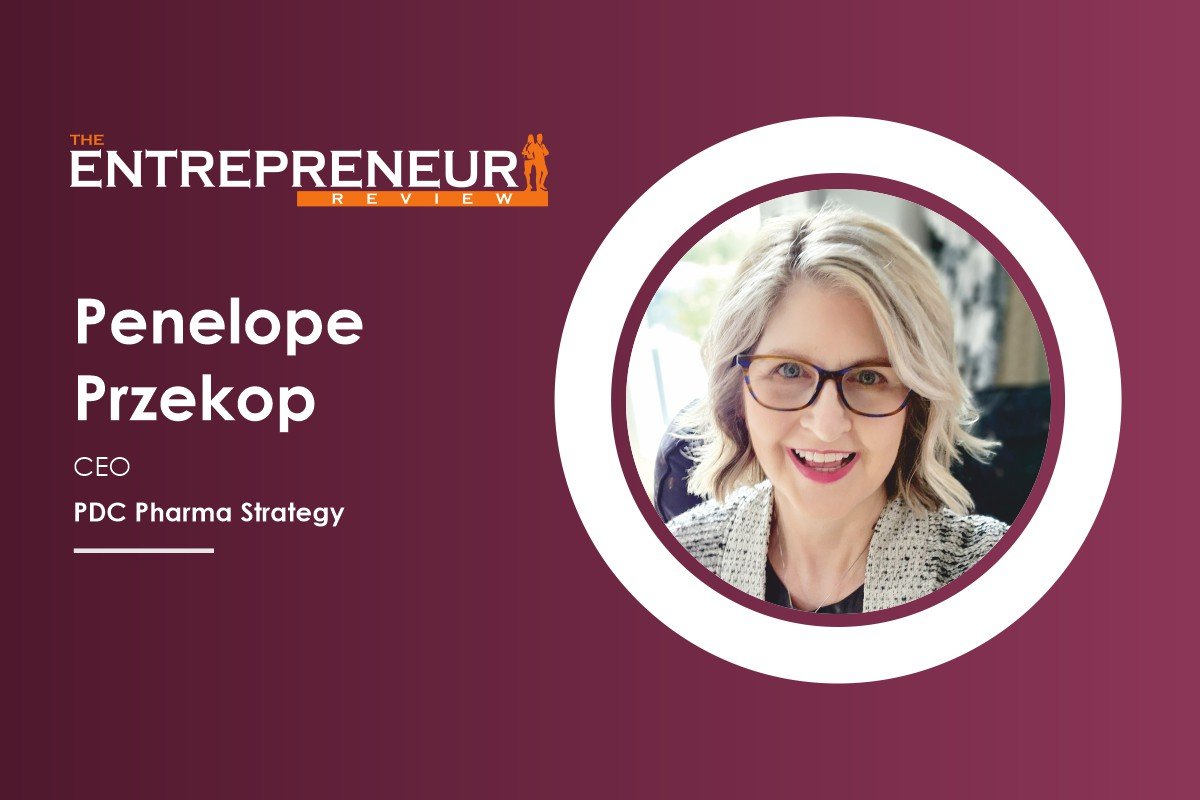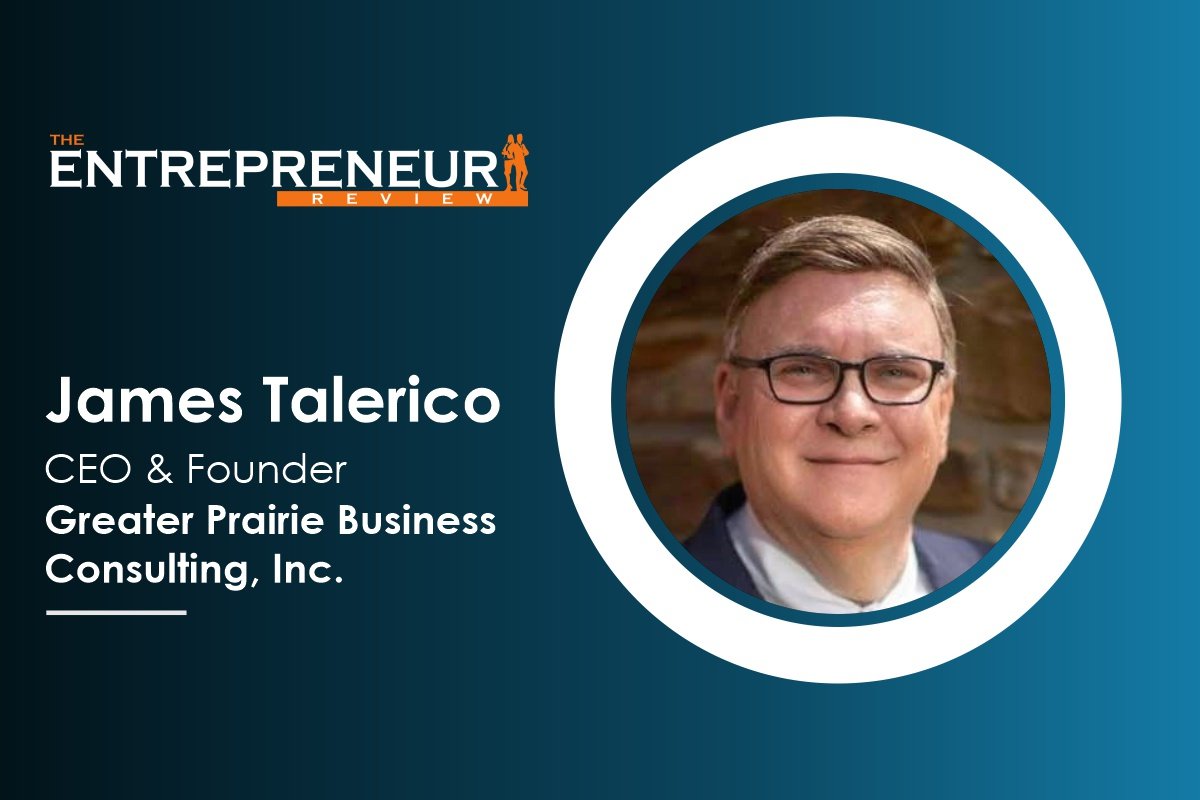We discuss Penelope Przekop today. She leads PDC Pharma Strategy as CEO. She also serves as Engrail Therapeutics’ Chief Compliance Officer (CCO). Penelope has demonstrated outstanding leadership by utilising her knowledge, skills, and priceless experience to build not only a prosperous business but also a well-known brand!
Penelope Przekop, CEO of PDC Pharma Strategy, in an exclusive interview discusses the journey of PDC Pharma Strategy. Let’s learn more about her business, its history, and her professional development.
Brief us about the PDC Pharma Strategy, what inspired you to start the PDC Pharma Strategy?
Although I started my consulting career in 2008, it wasn’t until I realized that I had the specialized skill set needed to assist businesses and the industry in developing cutting-edge regulatory compliance strategies that would ensure compliance and be effective and practical in the current pharma landscape—which is very different from the one I entered in the late 1980s—that my professional interests and consulting work began to take on a more focused form.
A consultancy company called PDC Pharma Strategy provides assistance to the heavily regulated pharmaceutical sector. Throughout the entire medication development and product lifecycle, we develop and implement risk-based strategies that support thorough worldwide regulatory compliance.
In order to start at the beginning of the drug development process and create regulatory compliance strategies that can easily scale and pivot with the trajectory, twists, and/or turns that come, as we all know they will, I’m particularly interested in working with clients at the strategic level as early as possible. Additionally, we collaborate with businesses at different phases of the drug development process to identify gaps and suggest methods for enhancing productivity, documentation, and compliance.
What are the products or services the PDC Pharma Strategy focuses on? How are your services different from those in the market?
Over the past 15 or so years, most of the main functional areas within pharma have naturally progressed toward a concentration on cutting-edge business and scientific methods for drug development employing technology. This encompasses operations, accounting, human resources, the supply chain, clinical trial design, and drug safety evaluation. How the sector documents and assures regulatory compliance, however, has been a crucial area that has lagged behind in terms of strategic, inventive transformation.
The quality and compliance strategies from the 1980s and 1990s have not changed, with the exception of being paperless. Because we understand this gap, its potential causes, and our ability to create both immediate and long-term remedies, PDC Pharma Strategy is unique. By working closely with our clients and by investigating and creating viable pharmaceutical-wide solutions, we are achieving this on a micro level.
In a regulated environment that has produced industry-standard check-the-box operations that no longer match PDC Pharma Strategy new business models, I approach each pharmaceutical company as a distinct entity. I actively look for ways to be of service to my clients, try to get to know them on a personal level, and try to be honest with them. My job frequently demands me to draw clients’ attention to gaps and problems, which is not always simple or comfortable.
I provide a good customer experience by assisting clients in imagining the desired outcome. I gain people’s trust by being sincere and truthful. They know that even though I may be grinning, I will always tell them the truth, no matter how painful it may be. They are aware that I am on their side and available to close gaps in a suitable, useful manner.
Please tell us about your team.
PDC Pharma Strategy is a boutique consulting firm with a team of less than ten. I love working with and mentoring bright, young people; they bring a fresh perspective and have the technical skills that complement my broad and deep industry knowledge. It’s a great partnership for developing innovative approaches to create long-term change.
I’ve established a culture of collaboration, learning, creativity, and efficiency. With that said, experience is golden when it comes to executing what’s required in the short to mid-term. PDC Pharma Strategy has a large network of highly experienced industry consultants who can collaborate, as needed, to address our client’s needs. However, PDC Pharma Strategy values industry experience with a flash of innovation and a lot of common sense.
Please brief us about your professional experience.
Over the past 30 years, I’ve had the chance to work in the pharmaceutical industry, and 13 years ago, I started consulting. In addition to holding leadership positions at Novartis, Covance, Wyeth, and Johnson & Johnson, I have worked with several of the top 100 pharmaceutical companies, including Pfizer, Merck & Co., Lilly, and Glaxo Smith Kline. I have a BS in biology, and pre-clinical research is where I got my professional start. Prior to making the decision to pursue a Ph.D. late in my junior year of college, I had been a pre-med student.
I was accepted into a pharmacology Ph.D. programme but left to work; shortly before beginning graduate school, I became a single mom, and I quickly discovered that the challenge I faced was far more than I had anticipated. I had no regrets about having children, but in many ways I felt like a failure. I promised that as soon as I could, I would resume my study.
I had the chance to finish a cross-training programme in quality assurance while working in my first pharma career in a lab. That made it possible for me to move into that department about a year later. I advanced through many research and development fields with a concentration on quality control and management.
I became interested in quality systems engineering after learning about it in the late 1990s. I eventually pursued and graduated with an MS in quality systems engineering. My work started to take on a more clear focus as I grew more enthused about the benefits that quality management science might bring to many facets of the pharmaceutical industry.
When the 2008 housing crisis struck, I was a global director at Johnson & Johnson managing staff and working with colleagues across the world. I was being groomed for advancement. I thought I was on the best possible path, the one I wanted, when I was abruptly laid off along with many others, in what felt like a devastating, personal, blow to my career.
While struggling to understand what happened, I fell into consulting by assuming a role that a long-time friend was vacating to accept an FDA (Food and Drug Administration) position. It took a couple of years, but I eventually realized that I loved consulting and was well-suited for it. I’m beyond thankful now for that crushing career disappointment. It forced me down the best possible authentic path on multiple levels. Since that time, I’ve worked incredibly hard to expand my expertise, grow my business, and make a positive impact on the industry I love.
I wrote about both my personal and career experiences in my recent book, 5-Star Career: Define and Build Yours Using the Science of Quality Management (Productivity Press).











